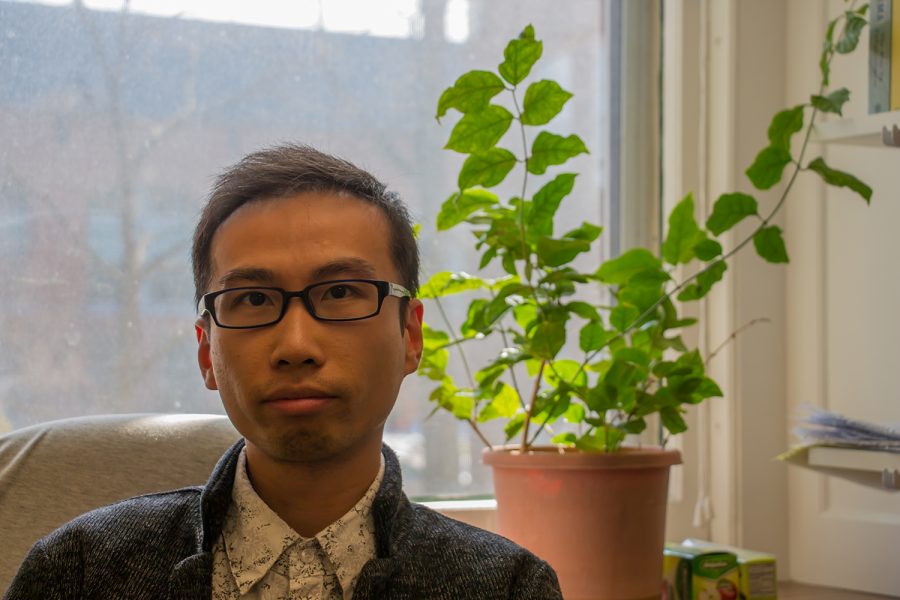
In response to the rapid growth and evolution of artificial intelligence, a presidential task force was created last April to keep up with the development of the ever-changing AI landscape.
Prior to the formation of this task force, there was no institutional support for research and development on AI. According to Scott Dams, Vice President of Enrollment & Marketing at Moravian and a member of the task force’s oversight team, institutions without a task force dedicated to AI run the risk of having everyone develop their own approach towards AI. The institution would also be unable to divide resources effectively.
To address this concern, the task force is split into several subcommittees, which look to address many key areas. It also has a centralized management structure to consolidate all efforts and resources. Each subcommittee meets monthly to track progress, while the whole task force prepares reports for quarterly meetings to present to the University Council.
Finally, a full assessment of AI impact will be submitted to the Board of Trustees on an annual basis.
Each one of these committees is made up of several representatives from Moravian faculty, staff, and students, to facilitate discussions from all across the institution. These subcommittees cover AI-powered teaching support, student engagement, community outreach, and smart workflows combined with responsible AI.
“We aim to enhance educational outcomes to streamline administrative processes, and foster innovative, academic programming while ensuring AI is ethical and responsible,” said Dams. “One of the goals of this work is to be able to fulfill the promise that every student, regardless of program level, who graduates from Moravian, is AI literate.”
Currently, the task force is still in its exploration and experiment phase for year one. Each of its members was encouraged to discover and experiment with AI in order to correlate and share their findings with the rest of the task force.
One of these AIs, Boodle Box, is currently being used in undergraduate settings to assess its suitability for both learning and responsible AI usage. Other AIs are being used across the institution, like the Moravian Admission chatbot that guides people through Moravian’s enrollment processes, or MoTexts, which is designed to help students on a daily basis.
However, the chatbot and MoText are in their early stages and very much plan to keep humans in the process of development.
“The goal of this is not just to be fancy and have robots running around,” said Dams. “It’s to potentially make school even more affordable, or at least be able to offer you more at the same price lines.”
Additionally, Dams clarified that even within his own division, they don’t sign contracts with AI companies that last more than a year, due to AI generally changing very quickly. In both technical and non-technical spheres surrounding AI advancements and improvements there is no clear-cut answer as to where exactly AI will be a month, much less a year from now.
“We know that if we’re able to successfully leverage it, it will improve everything that we do,” said Dams. “So we want to be that place for the community, for our students, for our faculty, not just as a kind of market position. But I think it is our role in society, our role as a community marker.”
Within the Moravian community, there is also excitement for some of the potential innovations that AI can bring.
Hassan Naveed ‘28, an undergraduate cellular neuroscience major and the United Student Government representative for the AI task force, explains that a chatbot built into the Moravian website, for example, could help him and other students navigate the website more effectively to find resources and make resources more accessible.
“I feel like within the next five or ten years, if Moravian implements the AI properly and if students are willing to go with that model, they could become a lot more productive and a lot more skilled for the future,” he said.
Faculty and students are encouraged to contact any member of the task force if they wish to or learn more about AI policies or initiatives.
Task Force Oversight: Scott Dams and Jill Anderson
Technical Expertise: David Brandes and Chris Laird
Faculty representatives: Mike Fraboni and Ben Coleman
Community Outreach: Michele Ryan and Dylan Star
Administrative Support: Mark Reed and Jay Scifers







